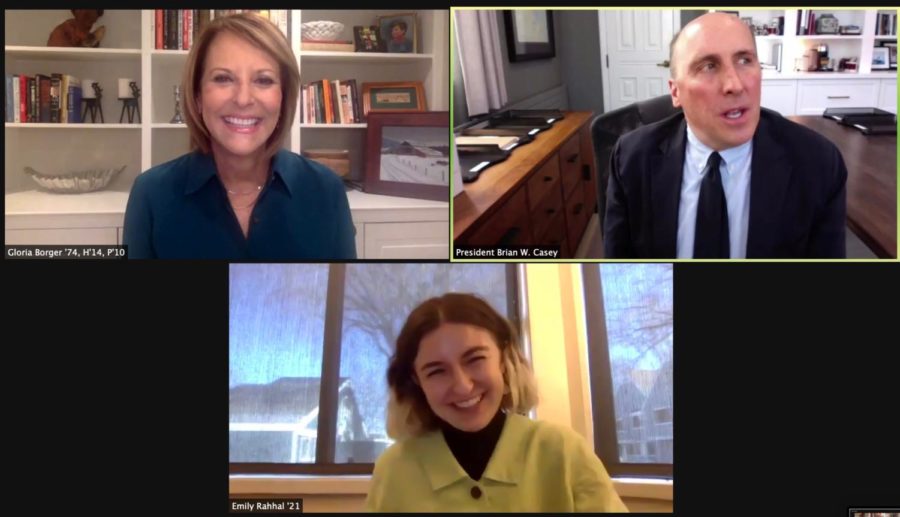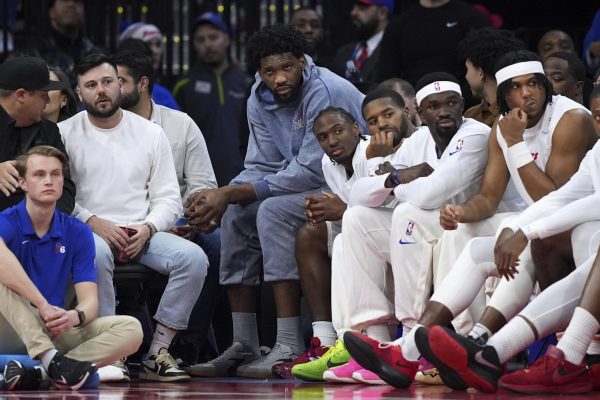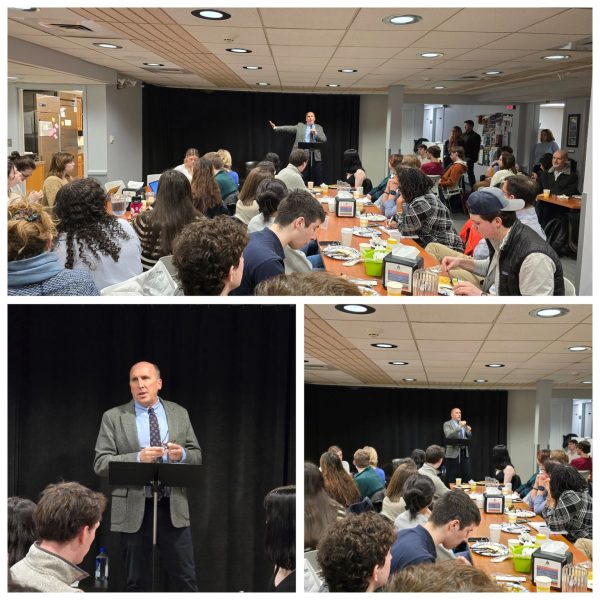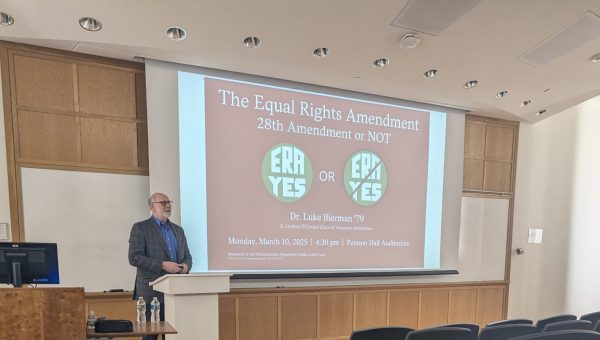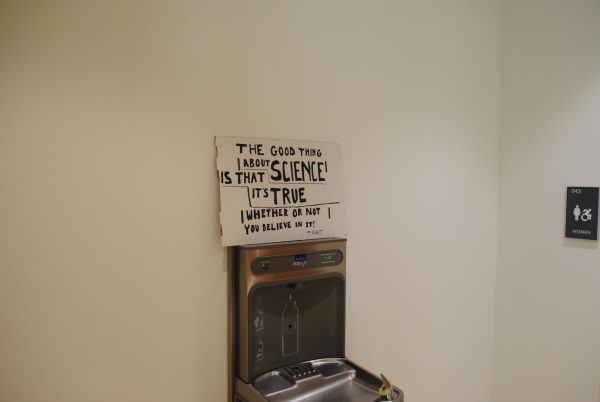Colgate Welcomes CNN Chief Political Analyst Gloria Borger ’74 for ‘Celebrating 50 Years of Coeducation’
CNN chief political analyst Gloria Borger ’74, H’14, P’10 joined President Brian W. Casey for a conversation via Zoom midday on Saturday, March 13 to celebrate 50 years of coeducation at Colgate University. The Maroon-News Editor-in-Chief senior Emily Rahhal joined Casey and Borger for a question and answer session, where questions ranged from Borger’s experience in the University’s first co-ed matriculating class to the intensity of the partisan moment politically across the nation, to debate and the exchange of ideas here on campus.
After an introduction from Alumni Council representative Lauri Curtis Hadobas ’77, Casey first asked Borger what it was like to be part of the first class of women at Colgate. Borger recounted the unique position in which her class found themselves, such as finding ironing boards and irons in the women’s rooms, which she offered as an example of how peculiar — albeit welcoming — the experience was.
“As it turns out, the women in my class were absolutely amazing. They didn’t think of themselves as pioneers in any way, and integrated, I believe, into the community in a great fashion, and really contributed so much to Colgate,” Borger said. “They were a really well-qualified bunch of women. I think anyone looking back on it would say, you know, the university thrived because women came to Colgate.”
Borger went on to describe some of the hallmarks of her Colgate experience, reiterating the sense that the women in her class felt that they were learning, together, as they went along.
“There wasn’t any self-conscious, ‘we’re gonna be trailblazers,’” Borger said. “It was sort of, ‘let’s see how this works.’”
Borger detailed this experience as part of this “clinical trial” of sorts, in which professors, administration and students worked together to carve out a place for women at Colgate, a task that was not always easy.
“You were never anonymous, and that can be difficult. But the women became very close friends, and remain very close friends,” Borger said. “And that’s really a credit to Colgate, and the way Colgate evolved as it admitted more women.”
As the two discussed the lasting impact Borger’s time at Colgate has had on her, Casey asked how this experience went on to inform her career.
“Colgate is now, in many ways, what it was then, which is a place to learn about yourself, an open institution and an institution of higher learning where what you’re doing really matters — and you can make a difference there. I learned that at Colgate, and I learned that in life as a journalist,” Borger said.
In light of a tense political climate, Casey addressed the topic of debate, both nationwide and on college campuses. Borger expressed feeling that political debate today has taken on a particularly “nasty and disagreeable” tone, which she attributes to the nation’s previous president over the last four years.
“I think now, every argument people have tends to be the end of the world. I think the thing we have to get back to is to say, ‘Look, I disagree with you on x, y and z, but I don’t hate you.’ And every argument doesn’t have to be about hate, and people retreat into their own corners,” Borger said. “And I think this is the message that you hear now from the new President, but it’s going to take a long time to get back to a sense of civility, and I don’t know how that’s going to happen. I think that’s going to take an awfully long time, unfortunately.”
Following their dialogue, Casey invited Rahhal to ask questions of her own, as well as field several questions from the audience, such as questioning what it feels like to make history.
“I feel really lucky, honestly, to be able to have been in that first class of women at Colgate. And do what we had to do, kind of, get Colgate up to speed — or tried to,” Borger replied. “And now, to be covering history as I’ve done, but particularly in these last four to six years, and also doing it with an amazing crop of young women that I work with. I remember the days when there weren’t a lot of women in the newsroom, and now, I think we’re probably over 50% of the newsrooms.”
Rahhal additionally asked about Borger’s experience of being the first woman in a public-facing position at the The Colgate Maroon-News, and her general experience as a woman in journalism.
“There’s always a different standard for women, in many ways. I can be on TV and be saying, I think, the most brilliant thing in the world and somebody will write me, ‘Well, your hair looked really lousy today,’” Borger said. “As a woman, there are very different standards. We all know this, every woman in the audience understands that.”
Borger added that her advice to young women is to “speak up.”
“I think you have to say something if you feel like you need to. And like something isn’t going right, or you’re not being taken seriously,” she said.
Ellen Lawrence is a senior from Chicago, IL studying philosophy, political science and the Middle East. She previously served as the paper’s Senior Editor...


